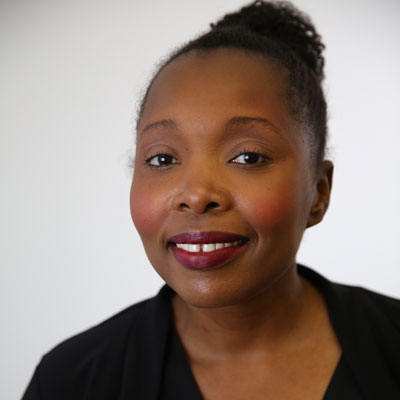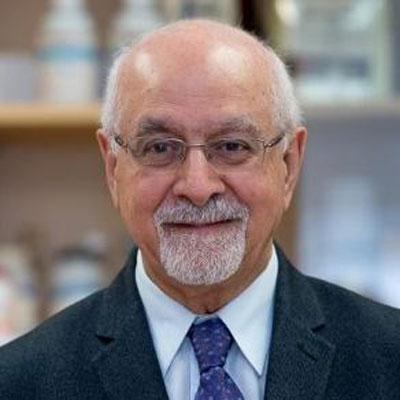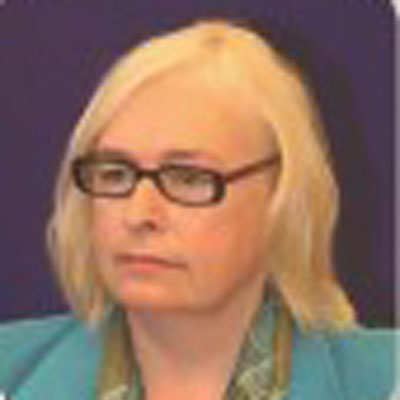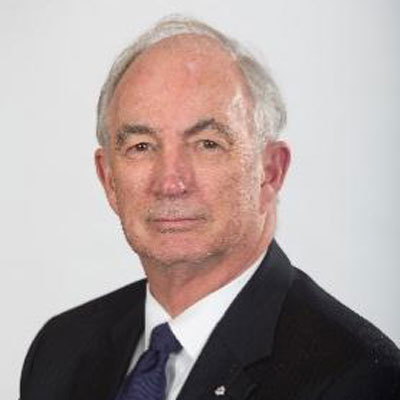








All Events
Canadian Science Policy Centre
1595 16th Avenue, Suite 301
Richmond Hill, ON
L4B 3N9
E-mail:
[email protected]
Subscribe to the Canadian Science Policy Conference newsletter to keep up-to-date with the latest news, events and programs.
Innovation Policy refers to policies and public strategies, regulations, and initiatives aimed at promoting the development, diffusion, and application of new ideas, technologies, products, and services. It seeks to enhance capacity for innovation to drive economic growth, competitiveness, and social well-being. Innovation policy encompasses support for research and development (R&D), entrepreneurship and education, digital infrastructure, social innovation and collaboration between industry, academia, and government.
Science for Policy refers to the use of scientific knowledge, evidence, and expertise to inform and support decision-making in public policy. It involves translating complex scientific research into accessible insights that can guide the development, implementation, and evaluation of policies across various sectors, including (but not limited to) health, environment, technology, security, education, justice. Science for policy emphasizes evidence-based policymaking, where decisions are grounded in reliable data and research and knowledge rather than opinion or ideology.
Policy for Science refers to the set of governmental policies or institutional strategies, decisions, and frameworks that shape the funding, priorities, infrastructure, and governance of scientific research and development. It involves creating conditions that support scientific innovation, including investments in research institutions, training of scientists and development of science infrastructure, research integrity, EDIA, and international collaboration, ultimately aiming to strengthen the scientific enterprise to advance knowledge,economic development, and societal well-being.
Science for Policy refers to the use of scientific knowledge, evidence, and expertise to inform and support decision-making in public policy. It involves translating complex scientific research into accessible insights that can guide the development, implementation, and evaluation of policies across various sectors, including (but not limited to) health, environment, technology, security, education, justice. Science for policy emphasizes evidence-based policymaking, where decisions are grounded in reliable data and research and knowledge rather than opinion or ideology.
Science & Society refers to areas that strengthen public understanding and engagement with science, including the relationship between science and society. This includes but is not limited to science communication, education, journalism, public engagement, and citizen science and more.

Éliane Ubalijoro, PhD is the Executive Director of the Concordia University Think Tank Sustainability in the Digital Age and the Canada Hub Director for Future Earth. She is a member of the Capitals Coalition Supervisory Board as well as the Crop Trust Executive Board. Eliane is a Research Professor at Concordia University in the Department of Geography, Planning and Environment. Eliane is a Professor of Practice For Public-Private Sector Partnerships at McGill University’s Institute for the Study of International Development. She is a member of Rwanda’s National Science and Technology Council and Presidential Advisory Council. Eliane is a member of the Impact Advisory Board of the Global Alliance for a Sustainable Planet and of ShEquity. She is a co-editor of the 2021 book Building Resilient African Food Systems after COVID-19. Eliane is also on the boards of the Science for Africa Foundation and Genome Canada. Eliane is an invited member of the External Advisory Committee to the Chief Statistician of Canada and Environment and Climate Change Canada on Canada’s first Census of Environment. Eliane’s career path was featured in Forbes in celebration of International Women’s Day 2019. She is one of the recipients of the International Leadership Association’s 2022 awards in women and leadership for outstanding practice with broad impact.

Fereidoon Shahidi, Ph.D., FACS, FAGFD-ACS, FAOCS, FCIC, FCIFST, FIAFoST, FIFT, FISNFF, FRSC (UK), is a University Research Professor and Distinguished Scholar in the Department of Biochemistry at Memorial University of Newfoundland. He has authored over 1,000 publications as research papers and book chapters, 78 books, and 10 patents. His research interests include nutraceuticals and functional foods with particular attention to lipids, proteins, polyphenols, natural antioxidants and oxidation control in health promotion and disease risk reduction. He is a highly cited scholar and has received numerous awards from different societies, including the American Chemical Society (ACS), American Oil Chemists’ Society (AOCS), Institute of Food Technologists (IFT), and the Canadian Institute of Food Science and Technology (CIFST), among others. He is the immediate past chair of the Scientific Council of the International Union of Food Science and Technology (IUFoST) and the President-elect of the International Academy of Food Science and Technology (IAFoST). He serves as the editor-in-chief (EiC) of the Journal of Food Bioactives (JFB) and the journal of Food Production, Processing and Nutrition (FPPN). Shahidi is the principal founder of the International Society for Nutraceuticals and Functional Foods (ISNFF), a Disciplinary Interest Group of IUFoST and Founding EiC of the Journal of Functional Foods for which he served in that capacity for 10 years. He was a principal founder of the Nutraceutical and Functional Food Division of IFT. He has trained nearly 200 graduate students, highly qualified personnel, visiting professors, scholars, and PDFs, now his colleagues in over a dozen countries.

Dr. Isaac Luginaah is a Distinguished University Professor in the Departments of Geography and Environment, and Epidemiology and Biostatistics, Western University, He is the Director of the Western Centre for Climate Change, Sustainable Livelihoods and Health, and also the Environmental Hazards and Health lab. Dr. Luginaah was a Canada Research Chair in Health/Medical Geography (2007-2017). He has published over 250 peer-reviewed papers. He is also a dedicated mentor who has trained more than 50 graduate students and postdoctoral fellows in environment and health research. He is member of the International Science Council scientific committee on Health and Wellbeing in the Changing Urban Environment. His contributions to the fields of environment and health have been recognized with several prizes and awards including from the Royal Society of Canada (College Member), Fellow of the African Academy of Sciences, the Canadian Association of Geographers (Early Career Award), American Association of Geographers Africa Specialty Group (Kwadwo Konadu-Agyemang Distinguish Scholar Award), and The University of Western Ontario (Faculty Scholar for research and teaching excellence). In 2011, he was honoured as a Paul Harris Fellow by Rotary International in recognition of his “service above self” in his community and globally.

Judith, a Fellow of the International Academy of Food Science and Technology, has represented IUFoST at many national and international conferences, including the IUFoST World Food Congress in Montreal in 2014 and international meetings of Codex, FAO, WHO, World Bank and many others. In addition she works on an ongoing basis with the national and regional associations of Food Science and Technology globally. Judith was part of the leadership group putting forward the submissions to the UN Food Systems Summit that were accepted by the Science Group of the UNFSS, making IUFoST the global representative for the discipline in the sustainability of future food systems with profiles on Global Governance and the role of FS&T for sustainable food systems; Food and Nutrition Security: Traditional Foods and Processes – towards a healthy diet for all and FS&T Education and Training for Capacity Building.

Professor Gordon McBean, CM, PhD, FRSC, Department of Geography and Environment, Western University (since 2015, Professor Emeritus) and Institute for Catastrophic Loss Reduction. He was an Environment Canada scientist, Professor, University of British Columbia, Assistant Deputy Minister, Environment Canada; and has been at Western and ICLR since 2000. He was Chair, Science Committees: World Climate Research Programme and Integrated Research on Disaster Risk; and Co-Chair, Future Earth Governing Council; and President, International Council for Science. He was PI for projects: Building Climate Resilient Communities; Integrated Strategies for Risk Reduction; Coastal Cites (Vancouver, Manila, Bangkok, Lagos) at Risk due to Climate Change. He is a: Member, Orders of Canada, and Ontario; Fellow: RSC, AGU, AMS, CMOS, IUGG, IAFoST, ISC and others; and shared in 2007 Nobel Peace Prize, for his IPCC contributions. He was awarded the 2017 International Meteorological Organization Prize and the 2023 AMS W. Washington Medal Research and Leadership Medal.